
HIS 3310
Why Sports? It’s a question many sport historians deal with on a fairly regular basis—often asked by other researchers, friends, and family. Many people assume that sports are simply about scores and stats: occasionally, they’re about something else. It doesn’t take long, however, to understand the outsized role of athletics in modern-day societies.
Sports have long shaped various forms of identity across the Americas. Upper- and middle-class citizens first embraced organized sports in the late-19th century as “civilizing” tools. Soon, activities like fútbol (soccer), boxing, and béisbol (baseball) became popular with the masses. In HIS 3310, we will discover how sports (re)defined gender, class, race, and national identity from Canada to the Southern Cone, and US-Latin America relations.
Sports & the Making of the Americas
- Instructor: Dr. Rwany Sibaja, Assoc. Professor of History
- Room: Anne Belk 240
- Time: Tuesdays / Thursdays 12:30 pm-1:45 pm
Primary objective
Trace how multiple forms of identity developed and changed over time across the Americas through a historical study of sports
Specific objectives
- Show how forms of identity intersected via sports through an analysis of primary and secondary sources
- Think as historians by charting change over time and analyzing sports within a larger historical context
- Identify ways sports affected other forms of mass culture (cinema, music), politics, and social movements … and vice versa
- Generate new perspectives on the complexity and diversity of the Americas, as well as trace similarities across the hemisphere

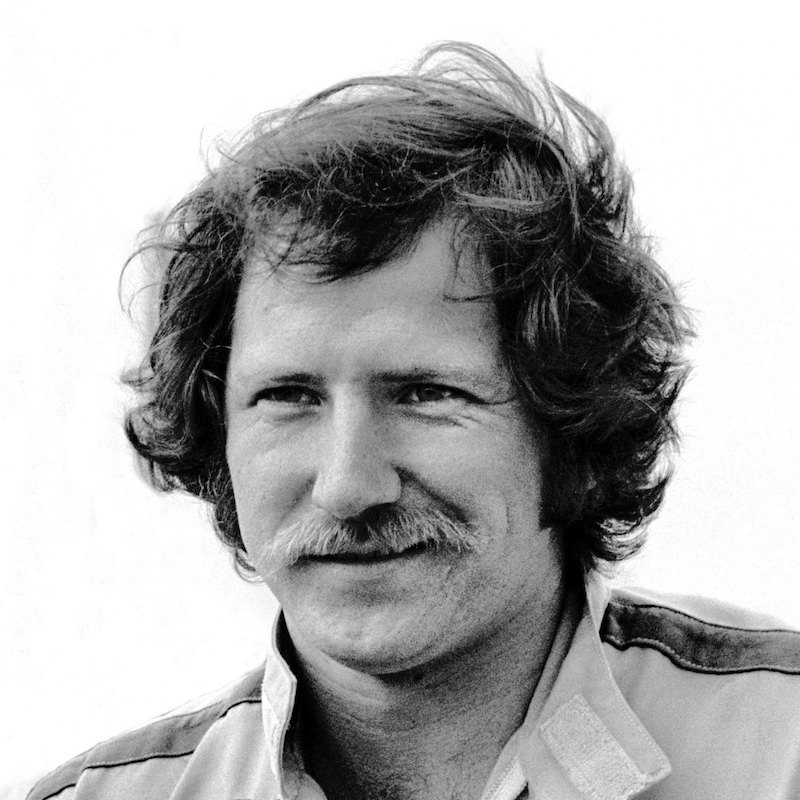
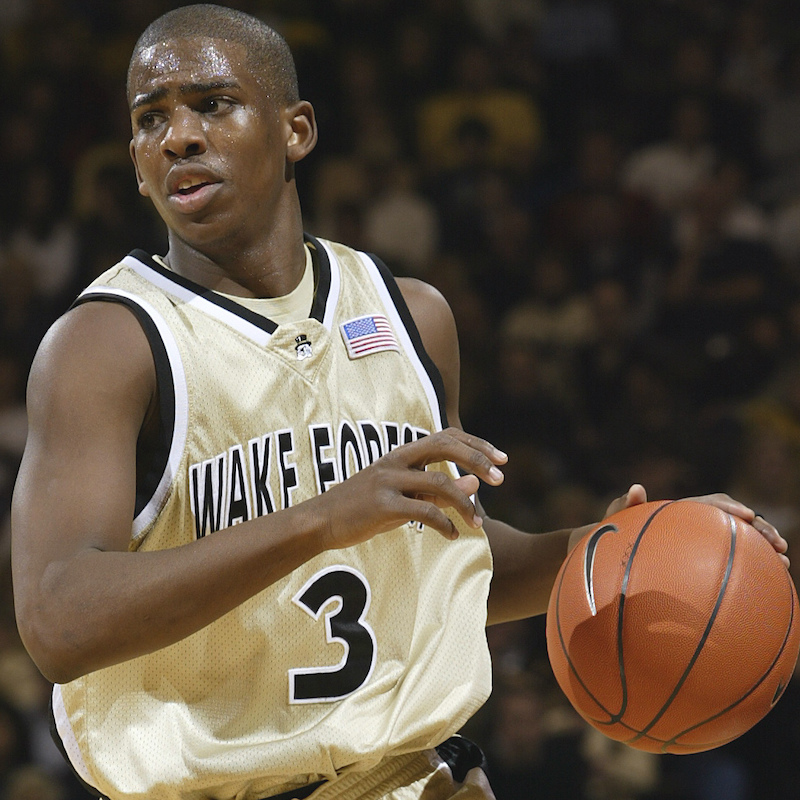
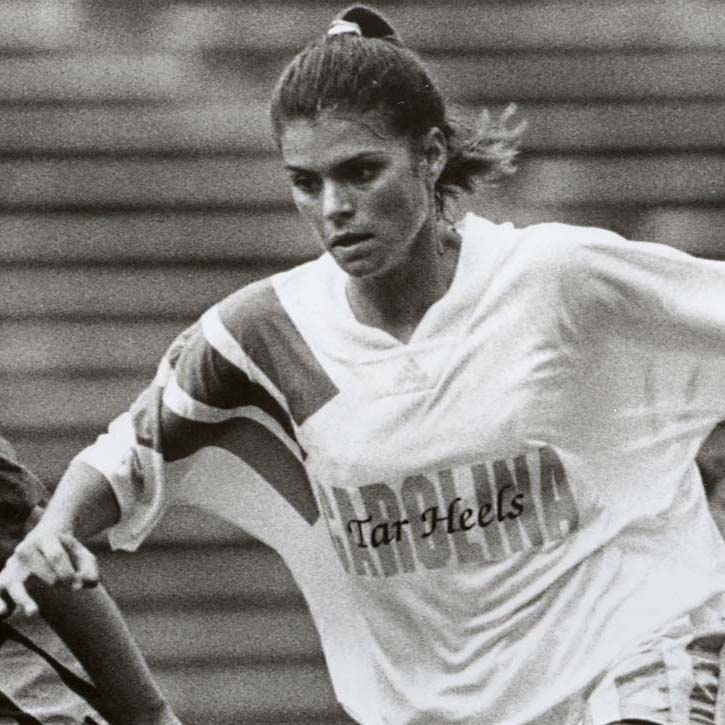
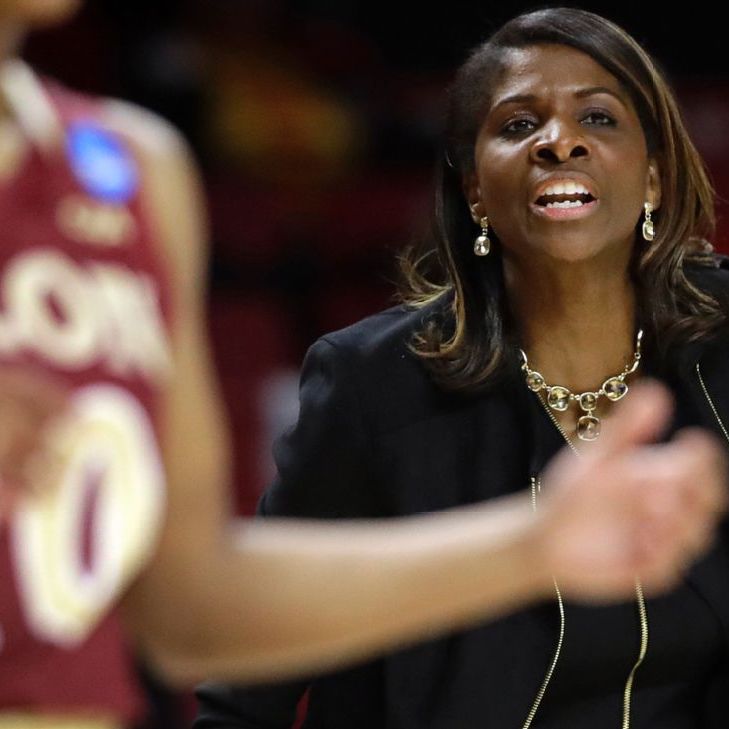
Pedagogical goals & Practices
This course aligns with the ASU Dept. of History’s goals and practices for 3000-level courses:
- Identification, analysis, and use of primary and secondary sources
- Written prospectus
- Outline
- Rough draft (and revisions)
- Historical Narrative
- Oral history
- Chicago Manual style documentation
- Historiographical essays
- Annotated bibliography
- Oral presentations
- Reading and writing book reviews
- Identification & comparison of multiple interpretations
- Introduction to theory
- Use of interdisciplinary methods
SYLLABUS – Spring 2024
POLICIES
Attendance: Because this is a course that involves active participation, both in class and online, attendance and participation is vital to your success. Life happens, though. Although attending every class is ideal, unexpected events occur in any given semester. As such, up to 5 absences is acceptable and does not require explanation … just send the instructor a courtesy email. Beyond five absences, you will be scheduled for a conference meeting to discuss your progress in class, which could result in failure to pass the course.
The university’s attendance policy (including its policy on religious observance) can be found at: academicaffairs.appstate.edu/syllabi (6.3)
COVID/FLU: If you have symptoms that may put others at risk, email the instructor in advance. If you will be out an extended time period, we can try to see if you can join by Zoom. [For up-to-date campus policies related to COVID and operating procedures, see: https://www.appstate.edu/recovery]
Technology: Students are encouraged to bring their own laptop and/or tablet to class when possible. Note: Computing devices should be used for course work. Your screen is visible to others; please do not let your screen become a distraction. If your phone is your only computing device, let the instructor know immediately. Regardless, please silence mobile computing alerts and ringers before class begins.
Learning Space (Anne Belk Hall 240): ABH 240 is an Active Learning Classroom, or ALC. It is designed for peer-to-peer learning, moving around, and displaying your work on monitors at each table. This is not a space for lectures. Per History Department guidelines, drinks are permissible in ABH 240, but only if covered. So, please be mindful of where you place your cups in relation to technology and other class participants. Per dept. policies, food and tobacco are prohibited.
Learning Community: Being a member of a professional and academic learning community requires one to understand, accept, and model an important set of community ground rules. Each of us should be expected to uphold these rules for spirited but respectful discussions. To that end …
- Respect each other as co-learners and colleagues
- Listen to varying perspectives, especially those that challenge your own assumptions
- Be thoughtful and measured when contributing to discussions (synchronous & asynchronous; oral & written; formal & informal)
- Help others to become successful
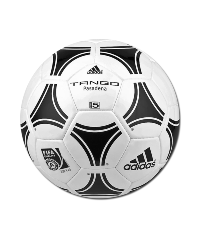
Respect: The Department of History at Appalachian State University is committed to supporting our students and fostering an environment that is free of bias, discrimination, and harassment, in the classroom and in the broader university community. We are a faculty that strives to model reflection, advocacy, and care for the community in order to work toward an equitable, democratic, and sustainable society. We value your participation in this process.
If you feel that our courses, programs, or department fall short of this commitment, we encourage you to engage in dialogue with your instructor and/or other program faculty. Please visit https://edc.appstate.edu/equity-issues for information related to Appalachian State University’s Title IX and http://academicaffairs.appstate.edu/syllabi for the most up-to-date policies on students with special needs, academic integrity, religious observances, and student engagement with courses.
Other Issues: Every semester, an unexpected event or family emergency forces can lead to a missed assignment or class day. If you find yourself in this situation, speak to the instructor as soon as possible in person, by phone, or by email. Without an effort to communicate, missed assignments should be evaluated as such by both instructor and class participant (this may include class participation).
Special Needs / Disability Resources: Appalachian State University is committed to providing an inclusive experience, accessible learning environments and equal opportunity to individuals with disabilities in accordance with the Americans with Disabilities Act and Section 504 of the Rehabilitation Act. Individuals needing reasonable accommodations should contact the Office of Disability Resources (828.262.3056 or odr.appstate.edu).
Food Insecurity: Any student who has difficulty affording groceries or accessing sufficient food to eat every day, or who lacks a safe and stable place to live, and believes this may affect their performance in the course, is urged to contact the Dean of Students, 324 Plemmons Student Union, for a list of resources and support. The ASU Food Pantry and Free Store is a free resource with pantry and personal care items, located in the Office of Sustainability on the bottom floor of East Hall. Furthermore, please notify the professor if you are comfortable in doing so. This will enable us to assist you in finding the resources you may need.
Support for Research
If you need additional support, there are several ways you can communicate with me. Email is the quickest and best way (sibajaro@appstate.edu); I should respond to your inquiries within 24 hours Mon-Fri. If I don’t reply in this time frame, please contact me again as a follow-up. My office is located in Anne Belk 220 (knock on the 2nd door).
All students are encouraged to make use of the University Writing Center. Consultants can help with the unique needs of these students, including clarity, organization, grammar and spelling, formatting and the theory and practice of documenting outside resources. Consultants can also help students better understand assignment guidelines. To make an appointment, call 828-262-3144 or visit the website (writingcenter.appstate.edu) for current hours and additional information and resources.
Also, our library liaison is Breanne Crumpton; contact her if you need research support at: crumptonbe@appstate.edu.
OTHER INFORMATION
Plagiarism-Cheating: By enrolling in this course, each student assumes the responsibilities of an active participant in ASU’s scholarly community in which everyone’s academic work and behavior are held to the highest standards of honesty.
You can read the full .pdf document on ASU’s policy on plagiarism and cheating at http://academicintegrity.appstate.edu (click on “Academic Integrity Code”). If you have any questions about what constitutes plagiarism in a history course, please arrange a time to talk to the instructor. You can also read this excellent overview on plagiarism from Indiana University. (http://www.indiana.edu/~wts/pamphlets/plagiarism.shtml) If you believe academic misconduct is taking place, please notify the instructor as soon as possible. For further definitions on what academic misconduct is and how to avoid it at all costs please read: http://library.acadiau.ca/tutorials/plagiarism
INSTRUCTOR
I’m Rwany Sibaja, an associate professor in the history department at Appalachian State University, where I also serve as the director of the History Education Program. I joined App State in 2015 and have enjoyed being a part of the Mountaineer community .
As a cultural historian of modern Latin American history, my research focuses on sports and leisure. My current book project, Civilization and Barbarism in Argentine Soccer, looks at the conversations around the sport through the concerns and anxieties of Argentina’s middle classes. I completed my Ph.D. in History at George Mason University (Fairfax, VA), an M.A. in History at The University of North Carolina at Greensboro, and a B.A. in History from Elon University (formerly Elon College). My career began as a Spanish and History high school teacher and soccer coach.
In the late 1960s, my parents immigrated to the U.S. from Costa Rica, settling at first in Long Branch, NJ, where I was born. From my father, I grew up with a love for fútbol. However, any sport was fun to play and watch. Because I moved around a lot, my sports fandom has been shaped by living in Los Angeles (CA), Miami (FL), San José (Costa Rica), and Fayetteville (NC). To varying degrees of intensity, I follow the L.A. Lakers, L.A. Dodgers, Miami Dolphins, Atlanta United, Liga Deportiva Alajuelense, Appalachian FC, and the national teams of my birth country (USA), family roots (Costa Rica), and research site (Argentina).
It has been wonderful living in the High Country with my wife of 21 years who teaches in Ashe County, a daughter who is a sophomore in college, a son who is a senior at Watauga HS, and our four-year-old Brittany named Django. We are active in the community through our church, various Hispanic initiatives and events, and adult ESL classes.
I look forward to working with you this semester!
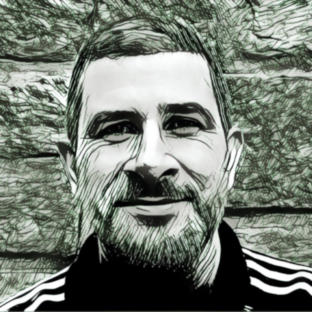
For more about my research and interests, visit my professional portfolio. There you can find a list of courses I have developed over the years, publications, presentations, and my CV.